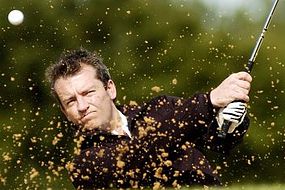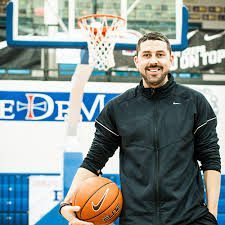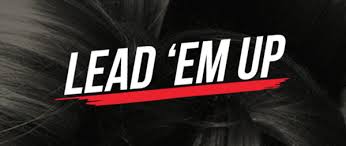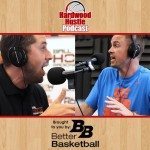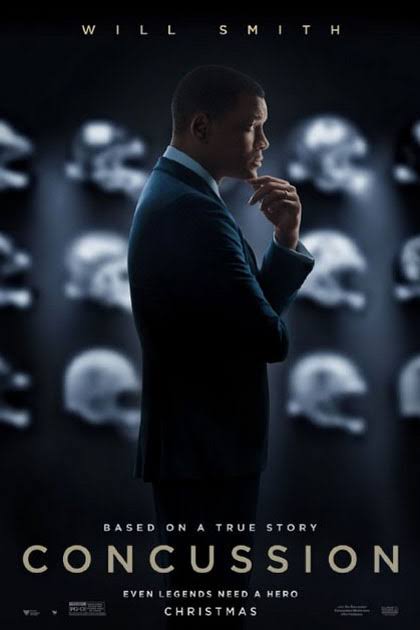The search for the perfect playbook for their team consumes many coaches’ focus and energy. The irony is, the great coaches I have observed consistently have playbooks than can be boiled down in 2 simple ways:
1 – They have 2 or 3 base plays and a few variations off of these
2 – They don’t change much throughout the season
Do you know what the best playbook is for your team? It’s probably the one you have right now, but probably should have less plays. Keep it simple. One of the best football minds I know is Joe Daniel, he shared this with me:
‘Simplify so kids build confidence-confident kids play fast-fast kids win games.’
During every season most likely there will be a game, or a stretch of games, where it feels like your playbook is not working. Here are a few Do’s and Dont’s to consider when evaluating how to fix it:
– Do this: Spend time perfecting your base plays in practice the next week. Re-visit the fundamentals of what makes the base plays work and analyze any shortcomings. Lots of reps vs. air with attention to the ‘little things’ that make your system work
– Do this: Seek input from an expert. Show video of a couple plays to your local high school coach and ask for his advice.
– Don’t do this: Panic/over-react. Think your system is flawed, scrap the whole thing, and implement a whole new system.
– Don’t do this: Think you need more plays to ‘trick’ the other team. Often if things aren’t working you have too many plays. And sometimes the other team is just really good.
Keeping things simple and sticking with a consistent plan allows you to focus on what the great coaches focus on: teaching kids to be great at fundamentals and to play games freely without overthinking complicated systems.
Next week we’ll look into gameday scenarios to be prepared for.

